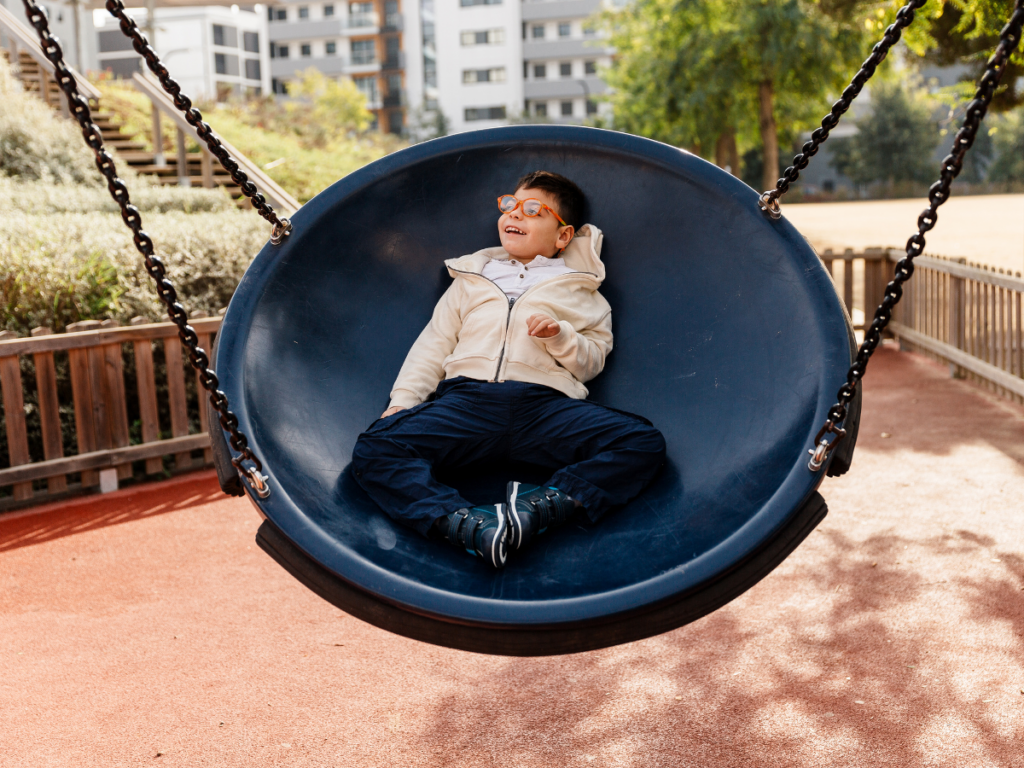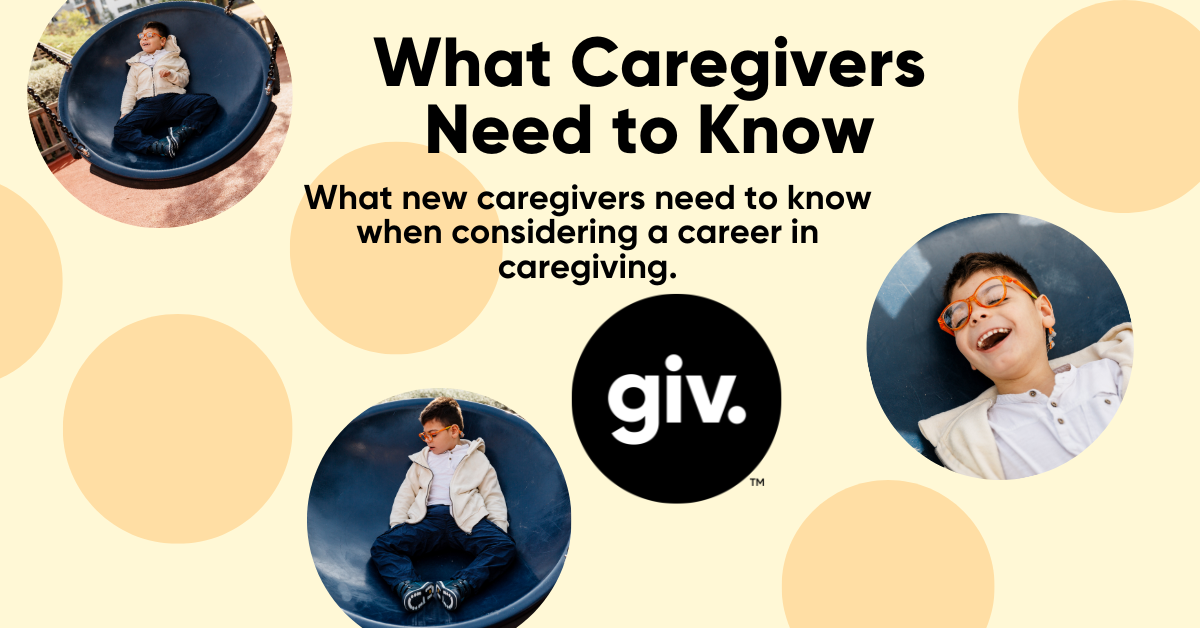In the realm of caregiving, understanding what caregivers need to know is paramount to providing adequate support to those who dedicate their lives to caring for loved ones. From managing daily tasks to navigating complex emotions, caregivers face a myriad of challenges. This guide aims to shed light on essential aspects of caregiving, offering insights for family members and adult children to better comprehend and support the caregivers in their lives.
What Caregivers Need to Know
Caregivers bear a significant responsibility in ensuring the well-being of their loved ones. It’s vital for caregivers to be well-informed about their loved one’s health condition, medications, doctor’s appointments, and daily living requirements. Moreover, they must prioritize their own needs and well-being to prevent caregiver burnout. This means acknowledging that while caregiving is a labor of love, it also requires a balance between caring for others and self-care.
Understanding what caregivers need to know encompasses more than just practical knowledge; it also involves recognizing the emotional toll caregiving can take. Caregivers often experience feelings of guilt, stress, and exhaustion. Therefore, it’s crucial for caregivers to have a support system in place to help them navigate these challenges. Family members and adult children can provide invaluable assistance by offering emotional support and understanding, thereby helping caregivers maintain their resilience and overall well-being.
Recognizing Caregiver Burnout
Caregiver burnout is a prevalent issue among those who provide care for loved ones with disabilities. It’s essential for family members and adult children to recognize the signs of caregiver burnout, which can include increased stress, fatigue, and feelings of guilt or resentment. Caregivers may neglect their own needs in favor of caring for their loved one, leading to physical and emotional exhaustion.
To address caregiver burnout, it’s crucial to encourage caregivers to prioritize self-care and seek support when needed. This may involve arranging for respite care to allow caregivers time to rest and recharge. Additionally, family members and adult children can offer practical assistance with caregiving tasks or provide emotional support through active listening and validation of the caregiver’s experiences. By recognizing and addressing caregiver burnout early on, caregivers can better sustain their ability to provide quality care to their loved ones.
Supporting Caregiver’s Physical Health
Maintaining physical health is essential for caregivers to effectively fulfill their caregiving responsibilities. However, caregivers often prioritize their loved one’s needs over their own, neglecting their personal care in the process. Family members and adult children can support caregivers in prioritizing their physical health by encouraging them to practice self-care habits such as getting enough sleep, eating balanced meals, and engaging in regular exercise.
Additionally, offering practical assistance with tasks such as grocery shopping, meal preparation, or running errands can alleviate some of the caregiver’s burdens, allowing them to focus on their own well-being. By recognizing the importance of physical health and providing support in this area, family members and adult children can help caregivers maintain their stamina and resilience in their caregiving journey.
Navigating Emotional Support for Caregivers
Emotional support is a critical aspect of what caregivers need to know. Providing care for a loved one with disabilities can evoke a range of emotions, including stress, sadness, and frustration. Family members and adult children must acknowledge the emotional challenges caregivers face and offer support in navigating them.
Listening empathetically, offering words of encouragement, and validating the caregiver’s feelings can go a long way in providing emotional support. It’s essential for family members and adult children to create a safe space where caregivers feel comfortable expressing their emotions without fear of judgment. By fostering open communication and providing unconditional support, family members and adult children can help caregivers cope with the emotional demands of caregiving.

Understanding the Importance of Respite Care
Respite care plays a crucial role in preventing caregiver burnout and supporting the overall well-being of caregivers. Family members and adult children must understand the significance of respite care and actively encourage caregivers to take breaks when needed. Respite care provides caregivers with the opportunity to rest, recharge, and attend to their own needs without the constant demands of caregiving.
Whether it’s arranging for professional respite services or stepping in to provide temporary relief, family members and adult children can play a pivotal role in supporting caregivers in accessing respite care. By recognizing the importance of respite care and advocating for its inclusion in the caregiver’s routine, family members and adult children can help ensure that caregivers have the support they need to continue providing quality care to their loved ones.
Establishing Boundaries and Seeking Outside Help
Setting boundaries and seeking outside help are essential aspects of what caregivers need to know. Family members and adult children must respect the caregiver’s limits and avoid overburdening them with additional responsibilities. It’s crucial to communicate openly and honestly about what support the caregiver needs and to offer assistance without imposing.
Encouraging caregivers to seek outside help when necessary, whether through community resources or professional assistance, is vital in preventing caregiver burnout and ensuring the well-being of both the caregiver and their loved one. Family members and adult children can play a supportive role by helping caregivers navigate the process of accessing outside assistance and advocating for their needs within the care team. By fostering a collaborative approach to caregiving, family members and adult children can help ensure that caregivers feel supported and empowered in their role.
Empowering Caregivers to Make Informed Decisions
Empowering caregivers to make informed decisions regarding their loved one’s care is essential for ensuring the best possible outcomes. Family members and adult children can support caregivers by providing them with the information and resources they need to make decisions confidently. This may involve helping caregivers research available options, understand medical information, and navigate the complexities of caregiving decisions.
Collaboration within the care team is also crucial in empowering caregivers to make informed decisions. By involving caregivers in discussions about their loved one’s care and treatment, healthcare professionals can ensure that the caregiver feels valued and respected as a member of the care team. Additionally, family members and adult children can offer guidance and support to caregivers as they navigate the decision-making process, helping them weigh the pros and cons of different options and choose the best course of action for their loved one’s well-being.

Managing Financial Responsibilities and Resources
Caregiving often comes with significant financial implications, and understanding how to manage these responsibilities is essential for caregivers and their families. Family members and adult children can support caregivers by helping them budget effectively, access financial resources, and explore available assistance programs. This may involve researching insurance coverage, government benefits, and other financial assistance options to help alleviate the financial burden of caregiving.
Additionally, family members and adult children can assist caregivers in navigating the process of applying for financial assistance and advocating for their needs. By providing practical support and guidance in managing financial responsibilities, family members and adult children can help caregivers focus on providing quality care to their loved ones without the added stress of financial worries.
Fostering a Supportive Community
Building a supportive community is crucial for caregivers to feel understood, valued, and less isolated in their caregiving journey. Family members, friends, and community resources can offer invaluable support by lending a helping hand, providing emotional encouragement, and offering respite when needed. Creating a network of support ensures that caregivers have access to the resources and assistance they need to navigate the challenges of caregiving.
Family members and adult children play a significant role in fostering a supportive community around caregivers. They can organize regular check-ins, offer to assist with caregiving tasks, or simply lend a listening ear when caregivers need to vent or express their concerns. Additionally, family members and adult children can help connect caregivers with local support groups, online forums, or other community resources where they can find solidarity and understanding among peers who are facing similar challenges.
It’s essential for caregivers to know that they don’t have to navigate their caregiving journey alone. By fostering a supportive community, family members and adult children can help caregivers feel less overwhelmed and more empowered to face the challenges ahead. Whether it’s through practical assistance, emotional support, or connecting caregivers with resources and services, building a network of support is vital in helping caregivers thrive in their role.
Recognizing the Value of Self-Care for Caregivers
Above all, recognizing the value of self-care is paramount in what caregivers need to know. Caregivers often prioritize the needs of their loved ones above their own, neglecting their physical, emotional, and mental well-being in the process. However, self-care is not selfish—it’s essential for caregivers to maintain their health and resilience so they can continue providing quality care to their loved ones.
Family members and adult children can play a crucial role in supporting caregivers’ self-care efforts. This may involve encouraging caregivers to take breaks, engaging in activities they enjoy, or seeking professional help when needed. Additionally, family members and adult children can offer to step in and provide respite care to allow caregivers time to focus on themselves without feeling guilty or overwhelmed.
By recognizing the value of self-care and actively supporting caregivers in prioritizing their own well-being, family members and adult children can help ensure that caregivers have the strength and resilience they need to continue providing quality care to their loved ones over the long term. Caregiving is a challenging journey, but with the right support and self-care practices in place, caregivers can navigate it with grace and resilience.

Conclusion:
In conclusion, understanding what caregivers need to know is essential for family members and adult children to provide meaningful support to their loved ones who are caring for individuals with disabilities. By recognizing the challenges caregivers face, offering practical assistance, and fostering a supportive environment, family members and adult children can help alleviate some of the burdens of caregiving and ensure the well-being of both the caregiver and their loved one.
From recognizing caregiver burnout to supporting caregivers’ physical and emotional health, each aspect discussed in this guide plays a crucial role in helping caregivers navigate their caregiving journey with resilience and compassion. By working together as a supportive community and prioritizing self-care, caregivers can continue to provide quality care to their loved ones while also maintaining their own well-being.
Ultimately, what caregivers need to know goes beyond practical knowledge—it’s about recognizing their value, honoring their sacrifices, and providing them with the support they need to thrive in their role. By embracing empathy, compassion, and collaboration, family members and adult children can make a meaningful difference in the lives of caregivers and the loved ones they care for.






